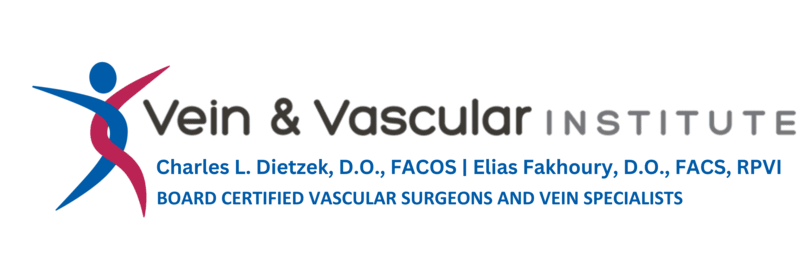Like spider veins and varicose veins, reticular veins are abnormal. However, because they are not as noticeable or severe as these other types of abnormal veins, reticular veins are often ignored by patients. Unfortunately, the longer you ignore these veins, the more likely it is that they will turn into something more serious. Thus, patients who notice these abnormal vessels should consider undergoing reticular vein treatment before the problem worsens.
Table of Contents
ToggleAbout Reticular Veins
Reticular veins are veins that have become dilated. They are present in as many as 8 out of 10 adults, and they typically appear as green or blue lines beneath the surface of the skin. In some patients, they eventually evolve into spider veins. Some patients also experience itching, burning and tenderness with these veins. Risk factors for developing reticular veins include having weak veins, hormonal imbalances and various genetic factors.
Reticular Vein Treatment
Although reticular veins don’t cause discomfort for most patients, many people are still bothered by their appearance. To eliminate the appearance of these veins, doctors can perform a procedure known as “sclerotherapy.” During this procedure, a vein surgeon injects a special solution into your reticular veins. This solution causes the veins to collapse and fade from view over time.
In some cases, reticular veins may also respond to miniphlebectomy, a minimally invasive alternative. During this procedure, the reticular veins are removed from the body entirely through small punctures made in the skin near the affected veins.
What to Expect
If you decide to undergo either of the procedures above, you will be able to complete your treatment at a vein clinic. No general anesthesia is required for these procedures, and the recovery is quick and easy for most patients. While miniphlebectomy produces immediate cosmetic results, the results from treatment with sclerotherapy may not fully materialize for up to six weeks.
Making an Appointment
If you have noticed the signs of reticular veins and you are interested in learning more about your treatment options, please contact Vein & Vascular Institute today.
